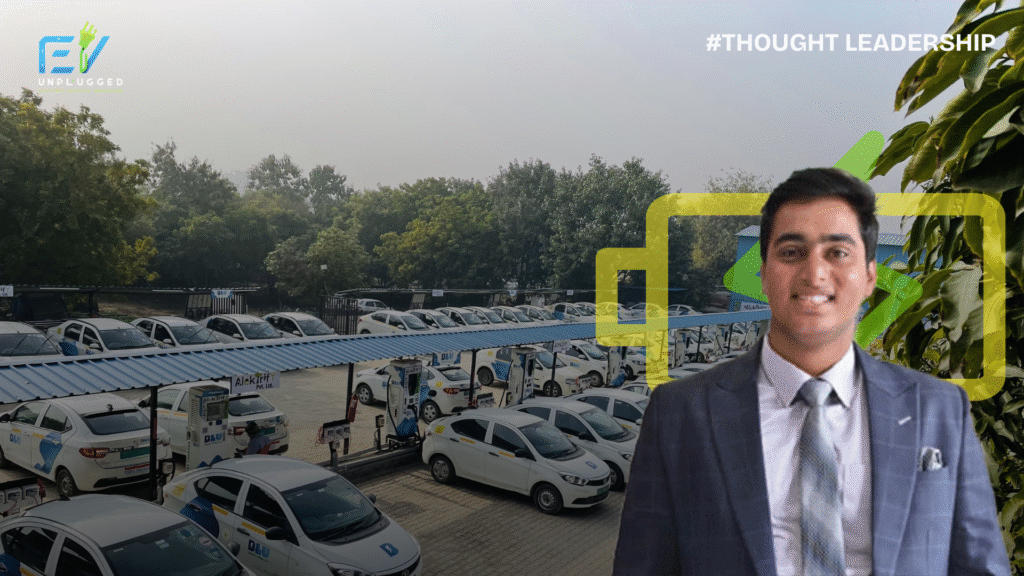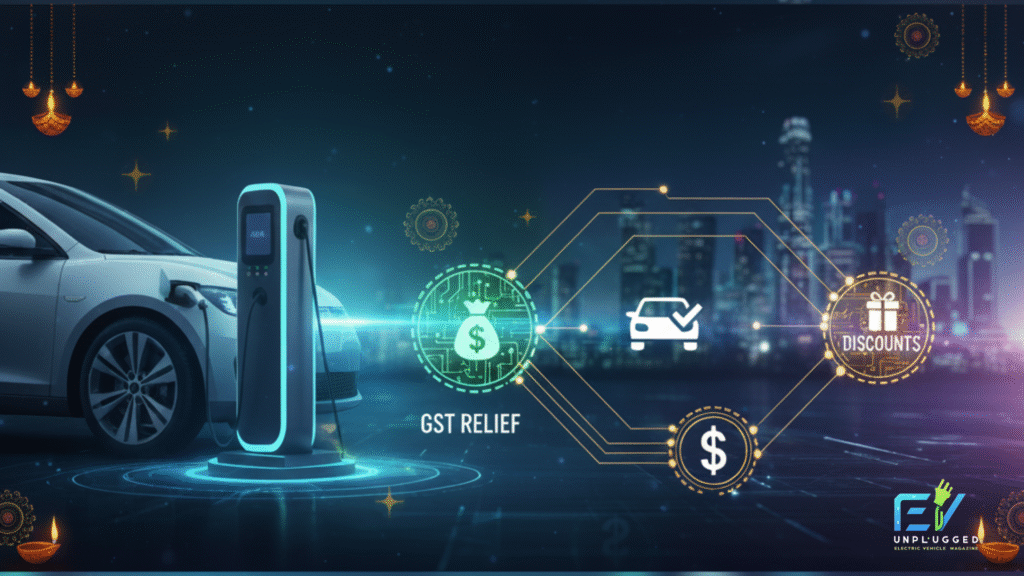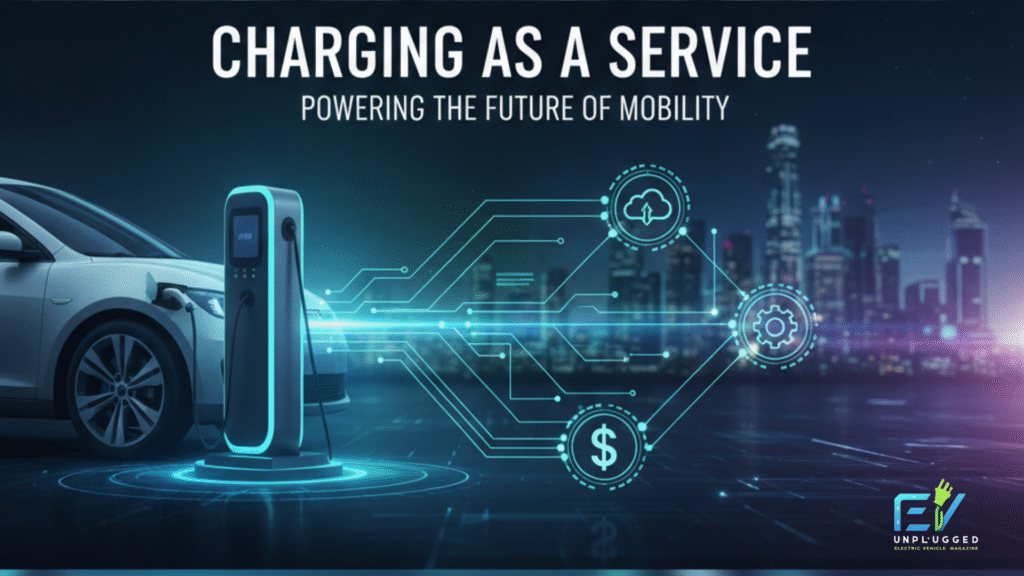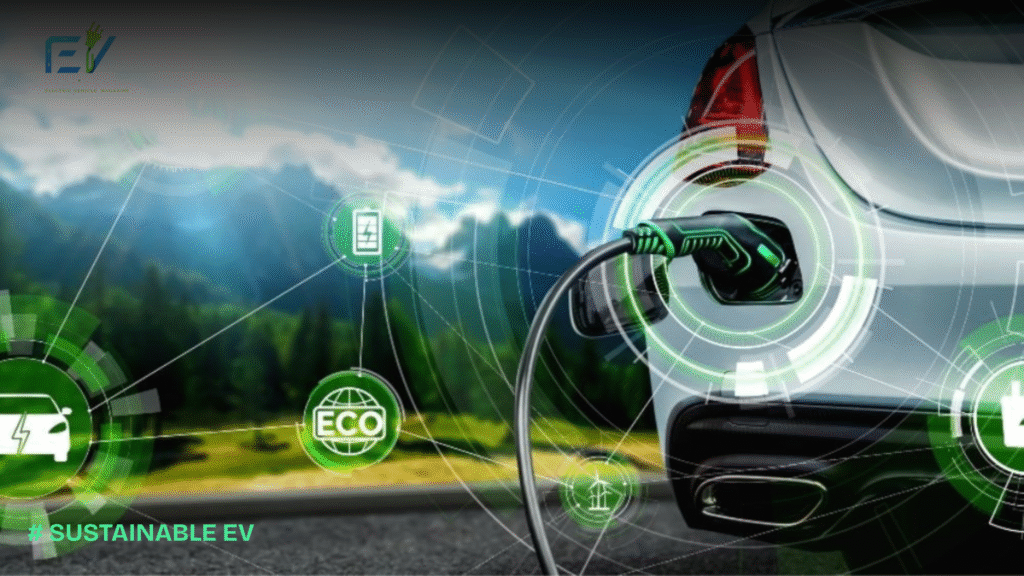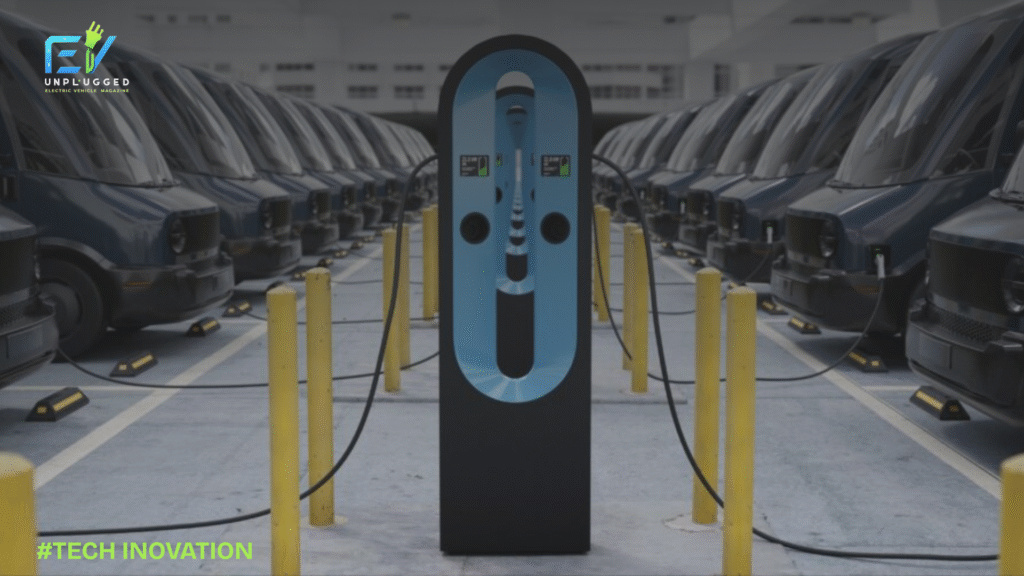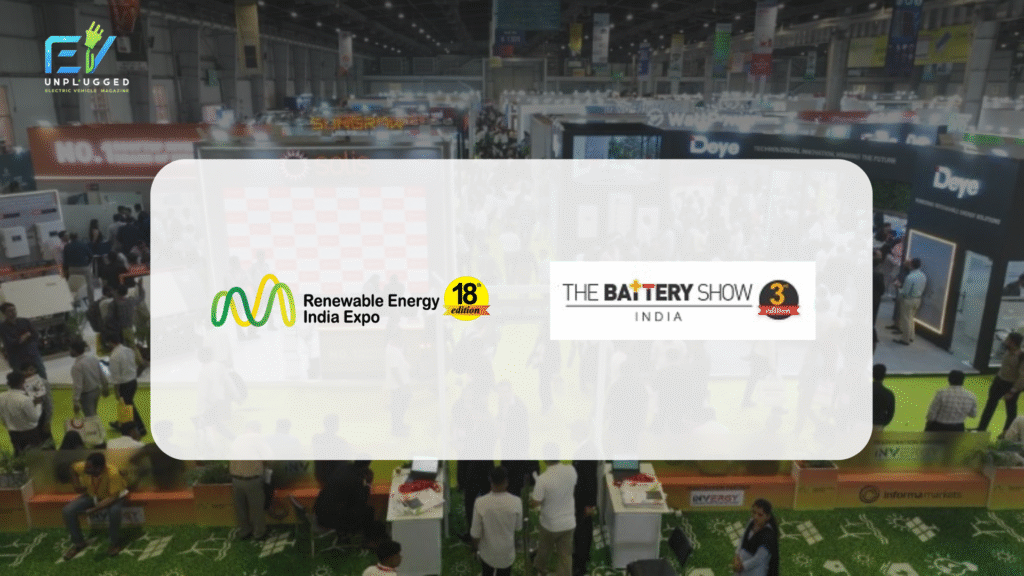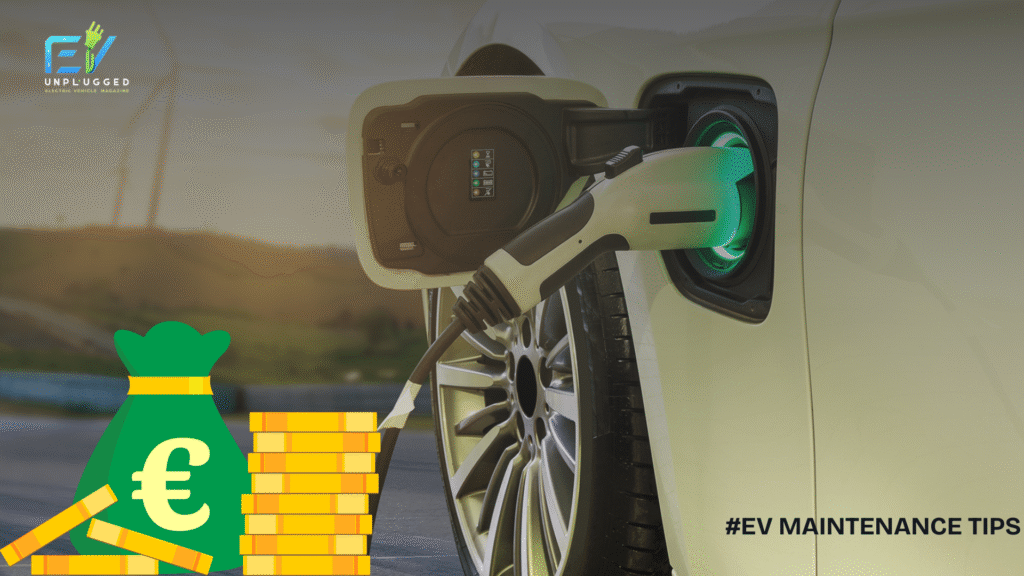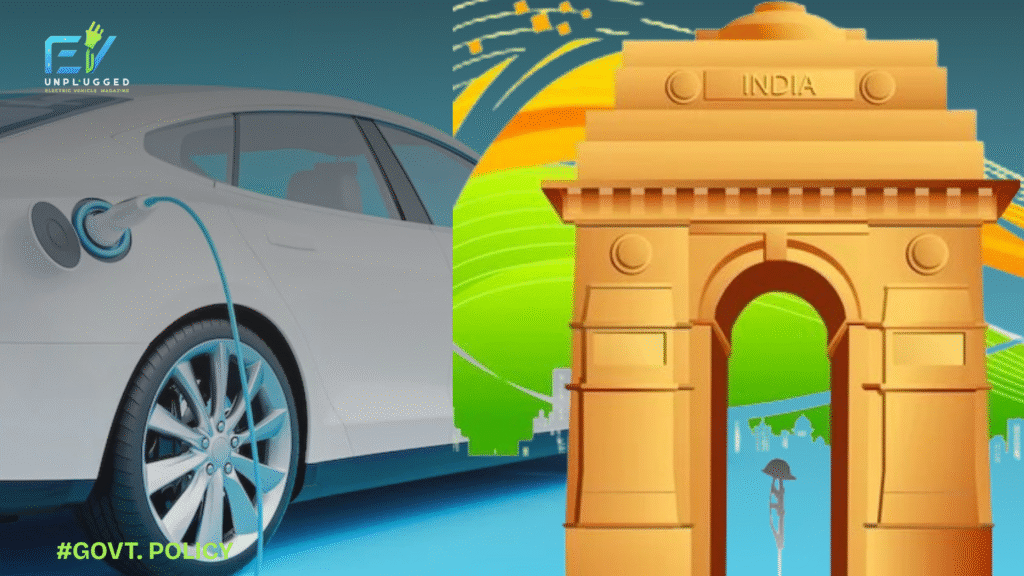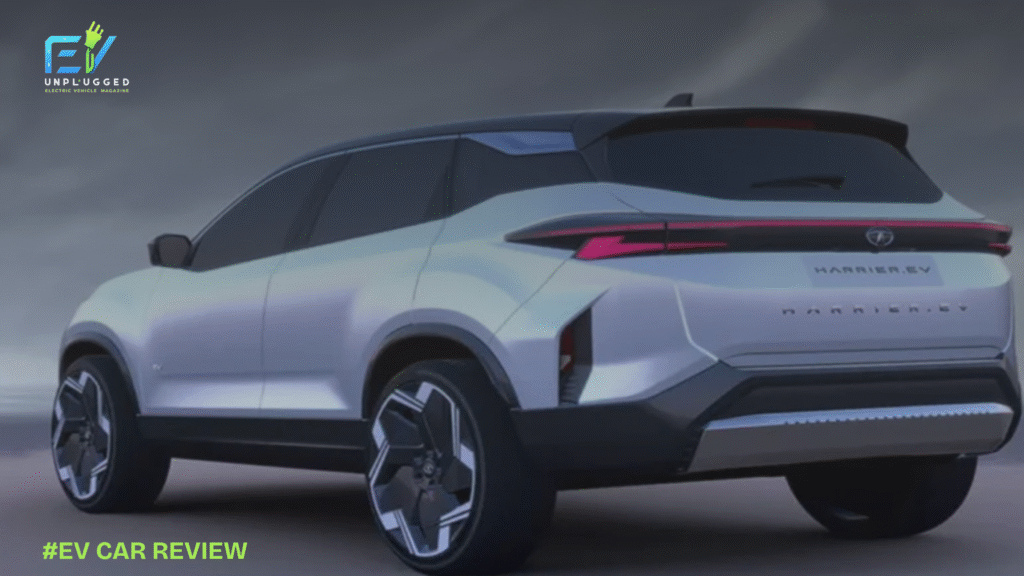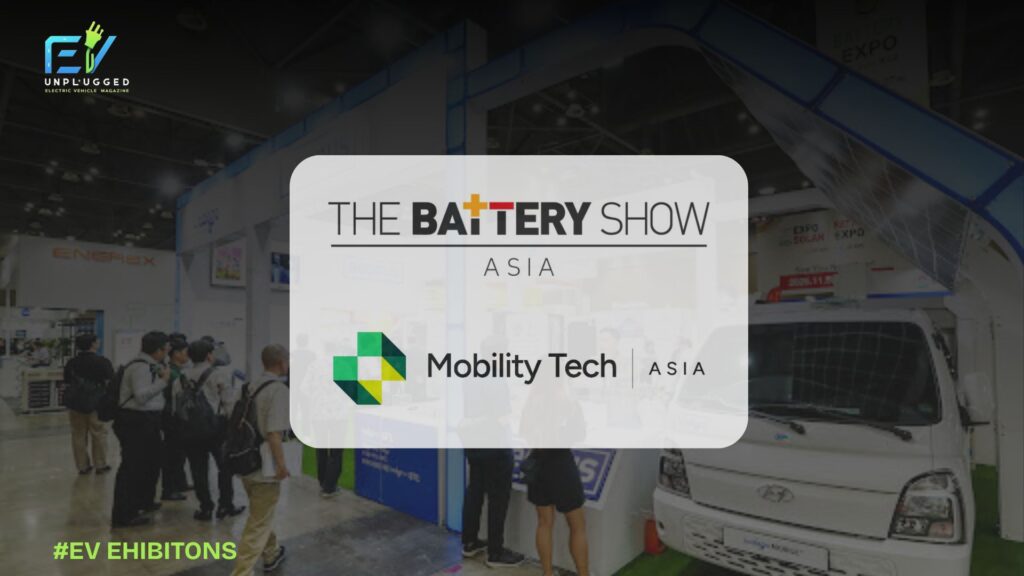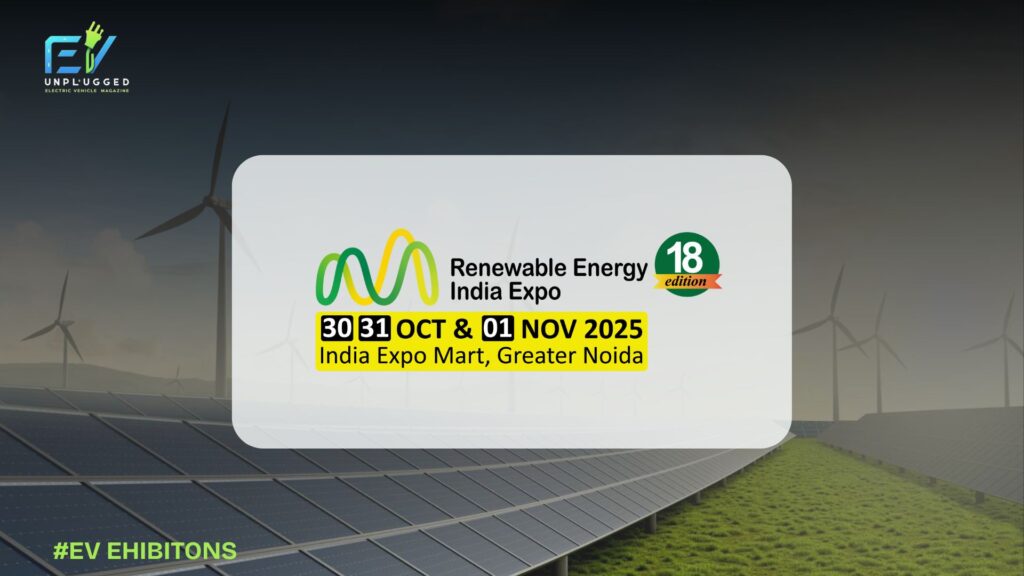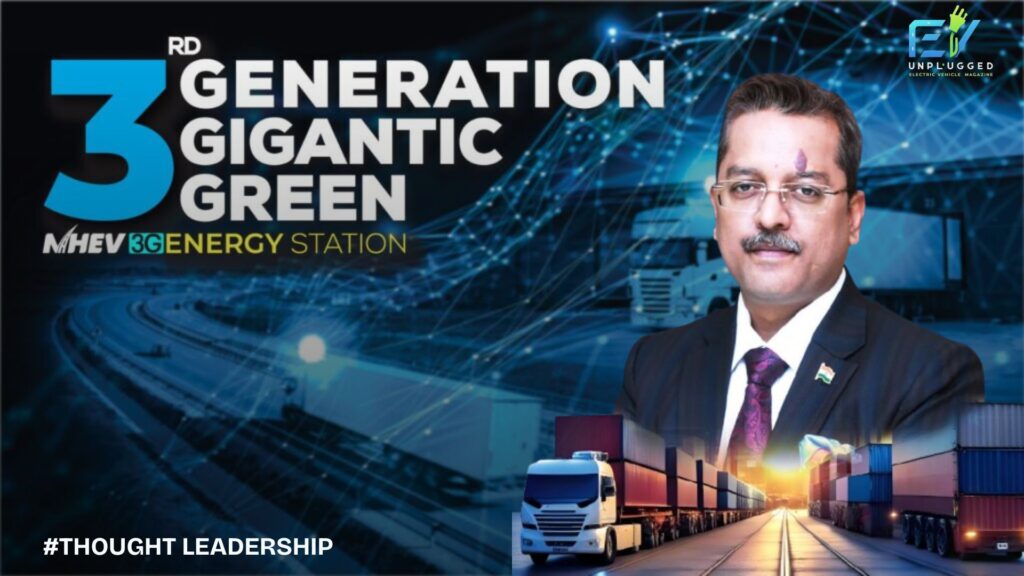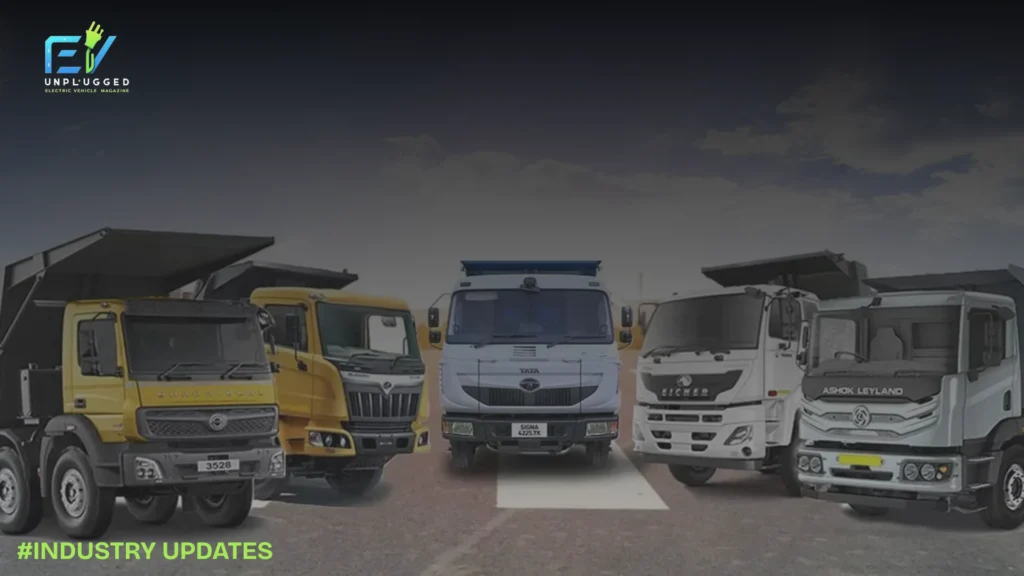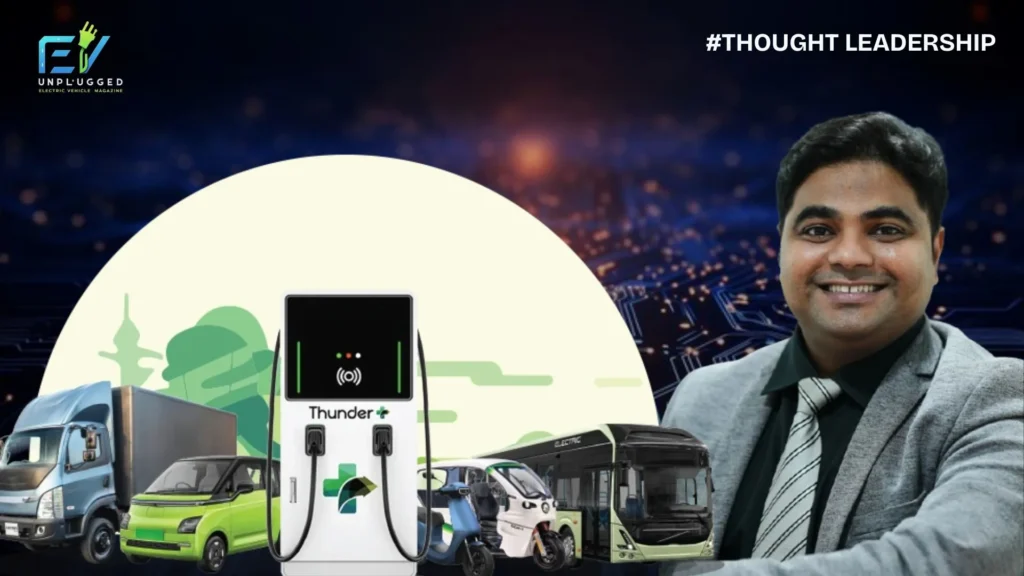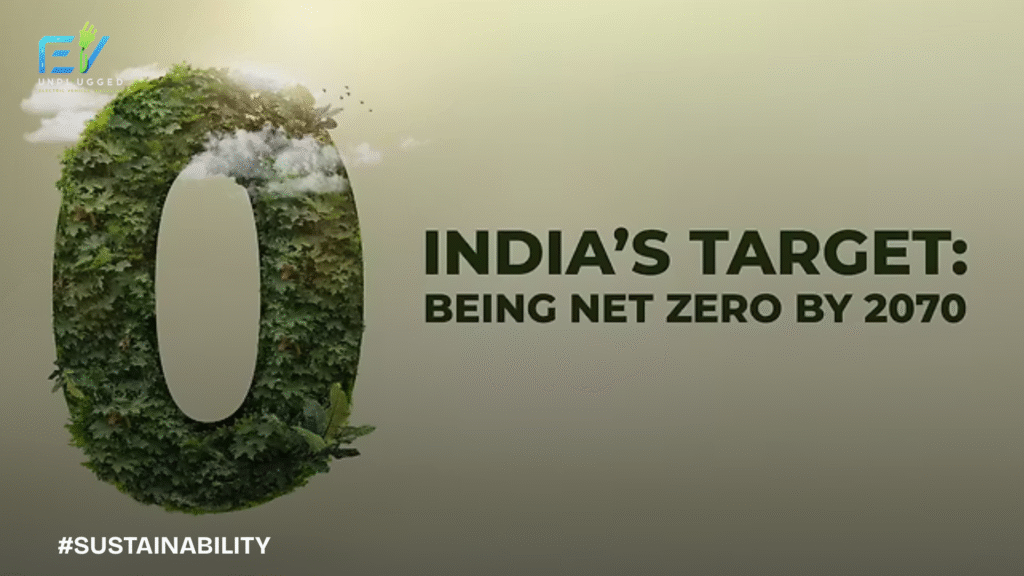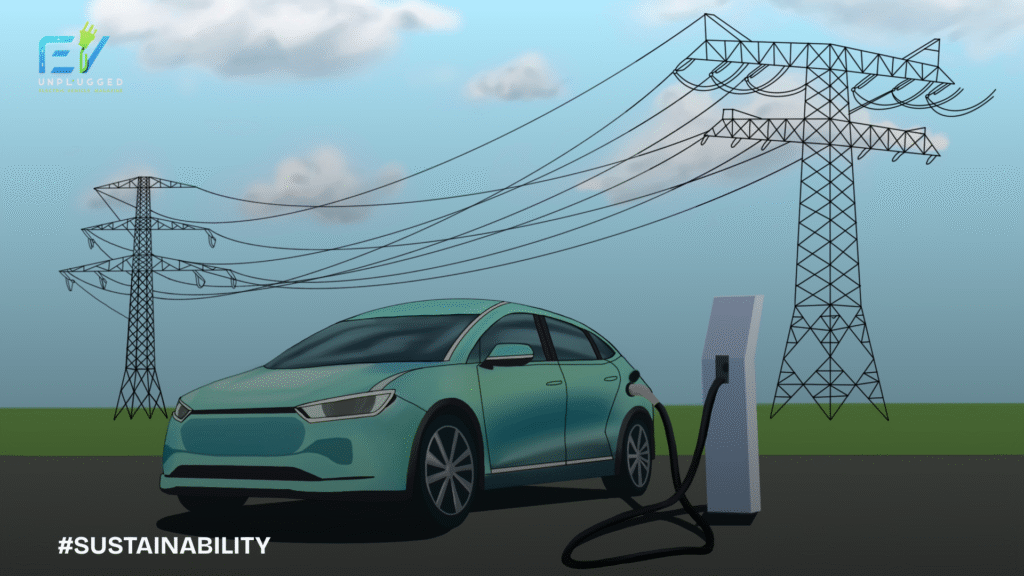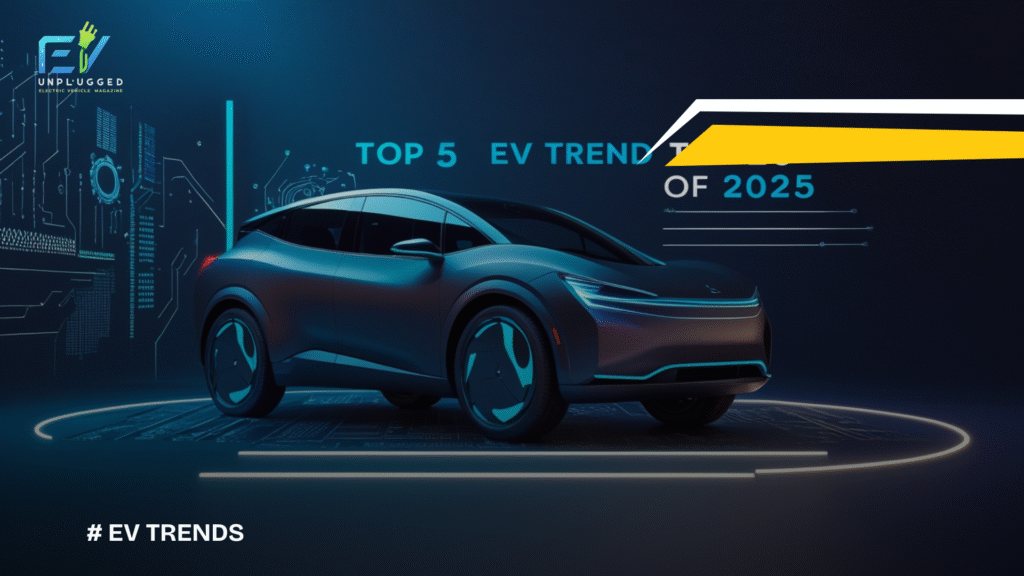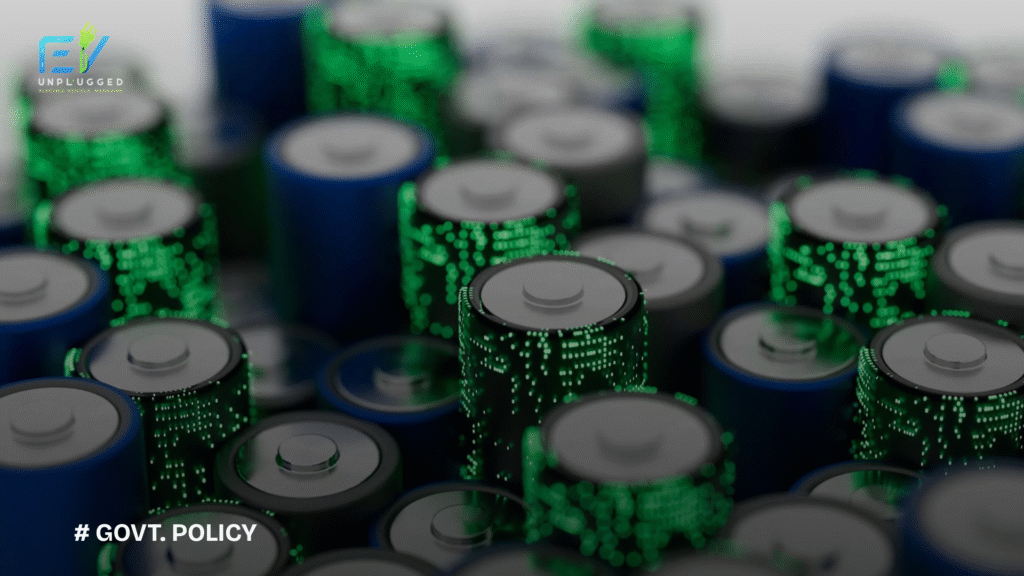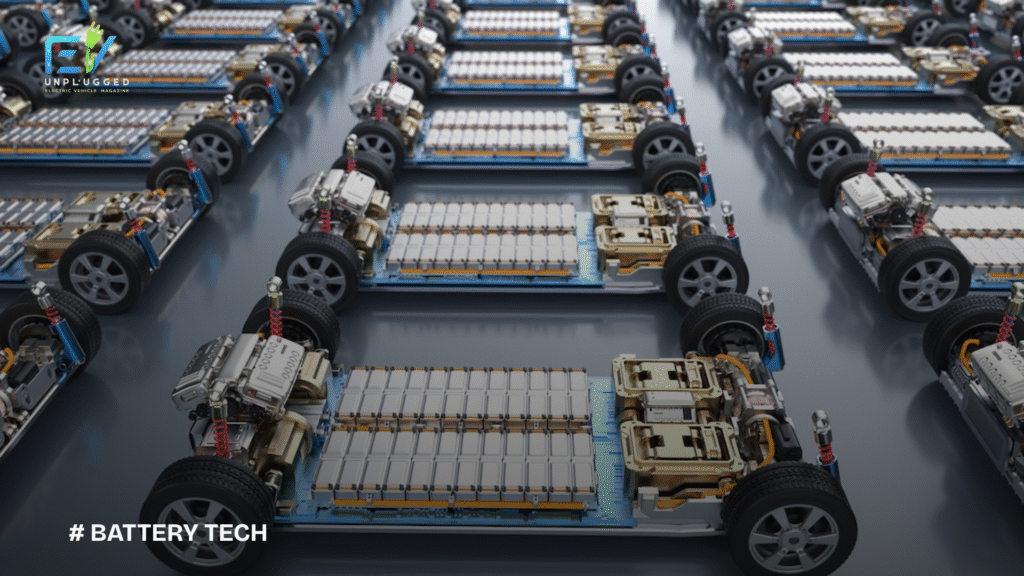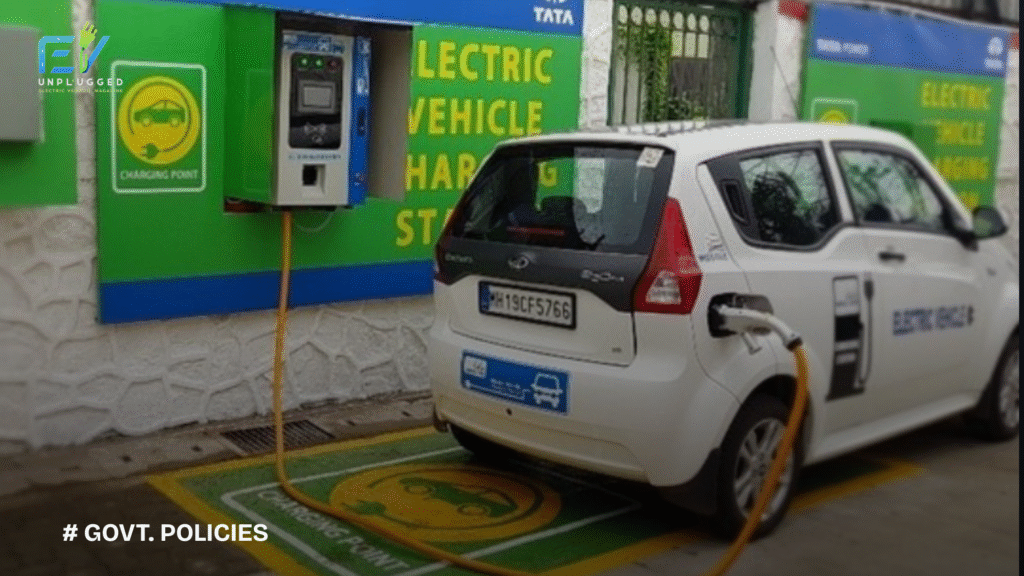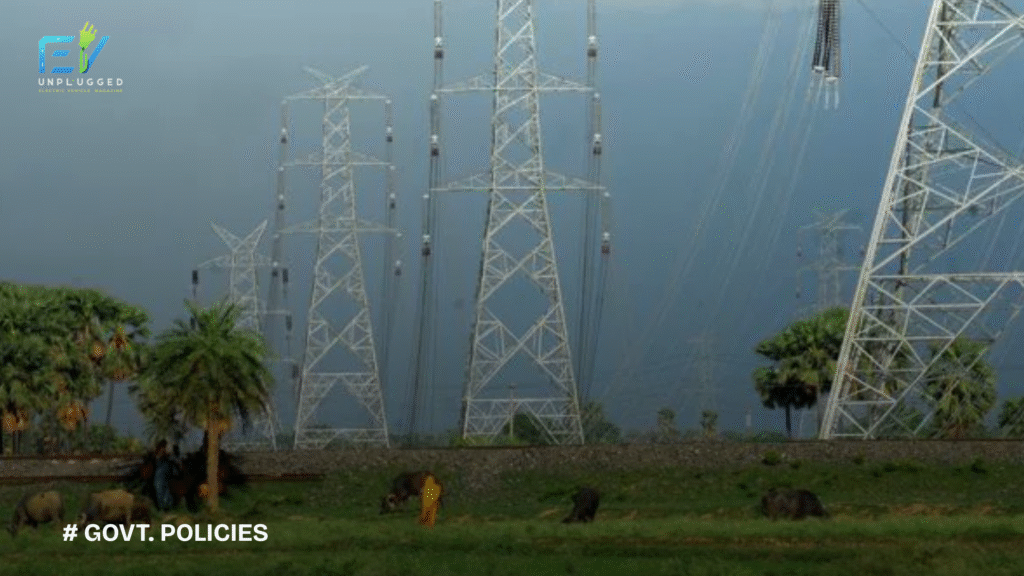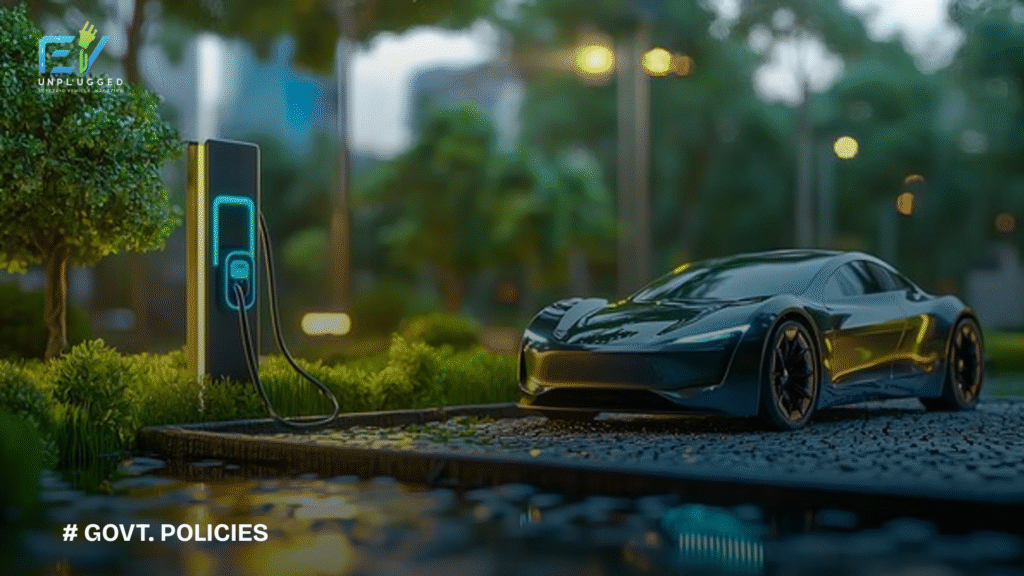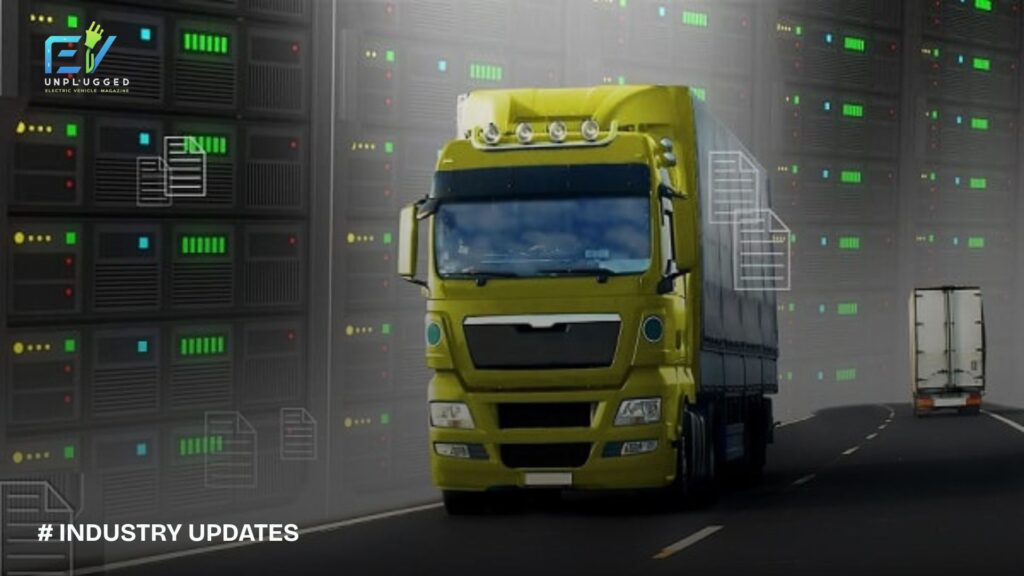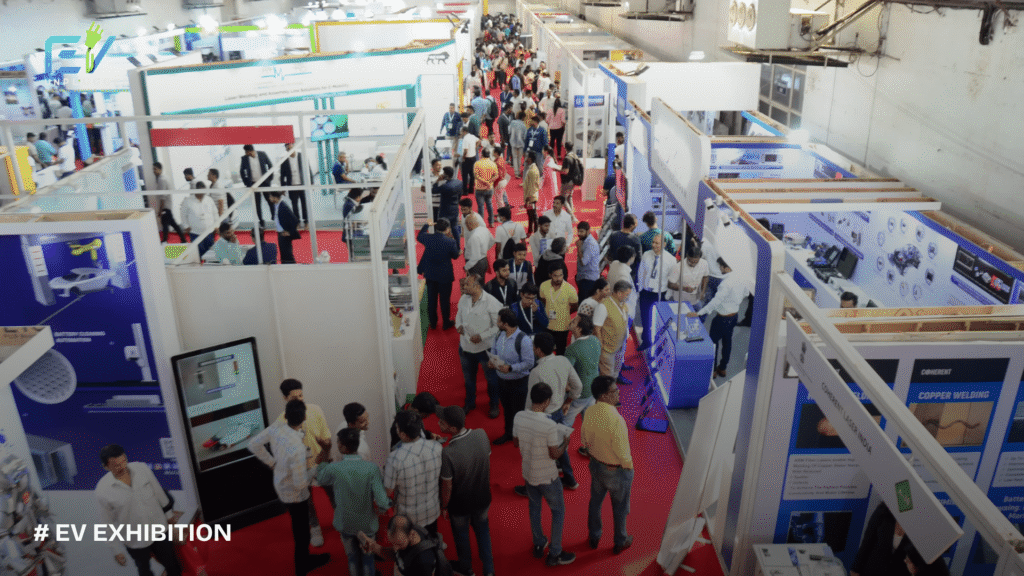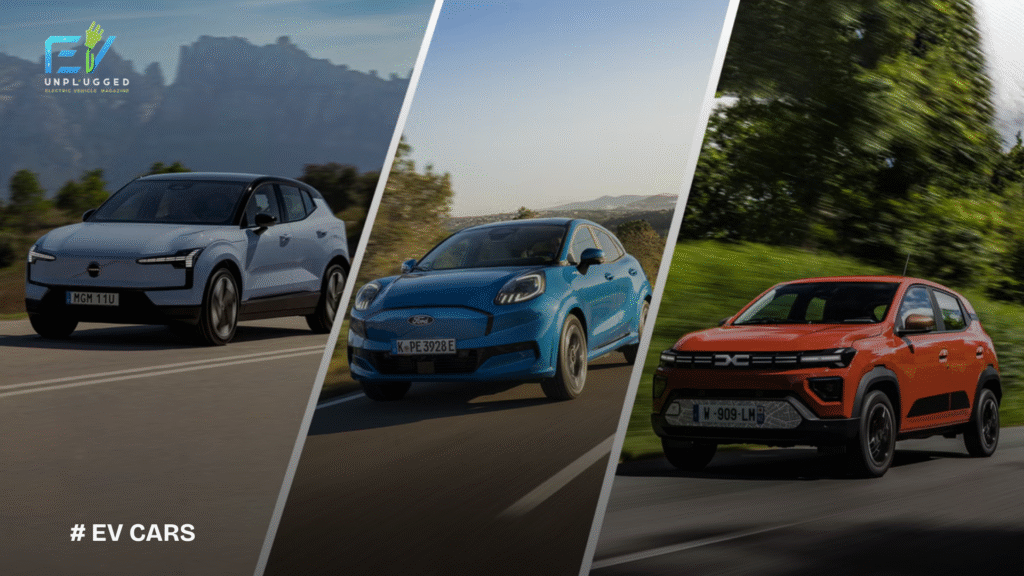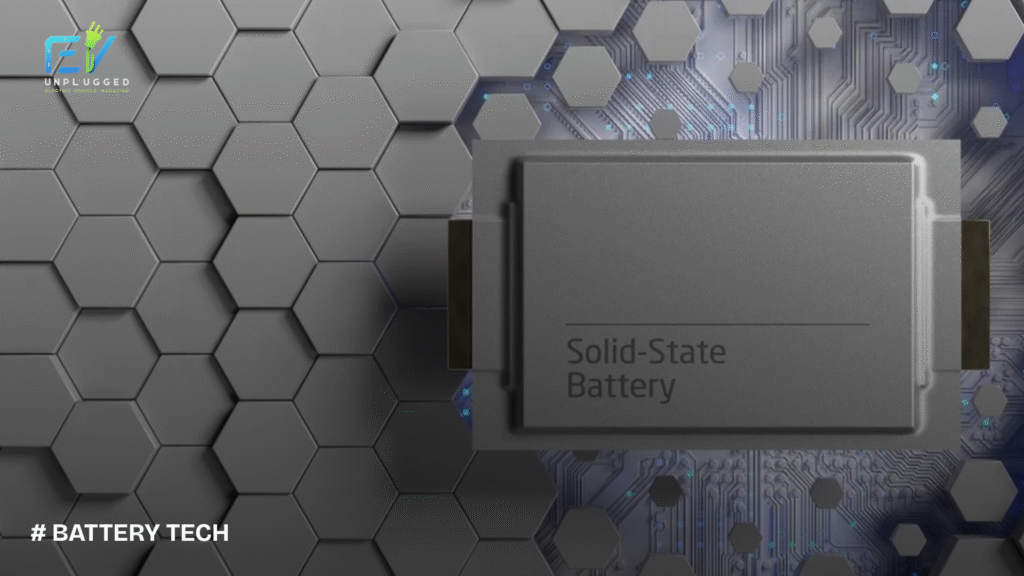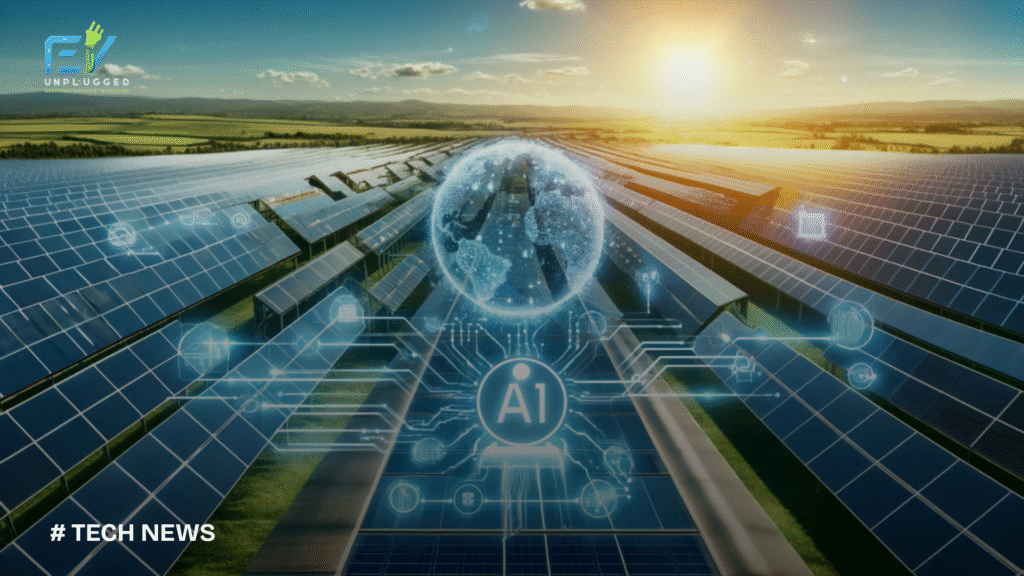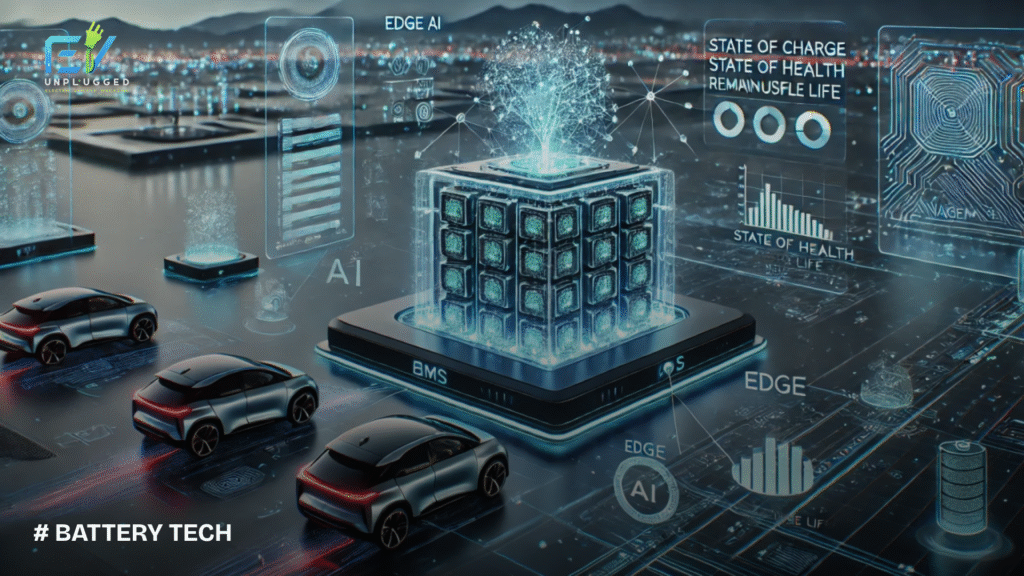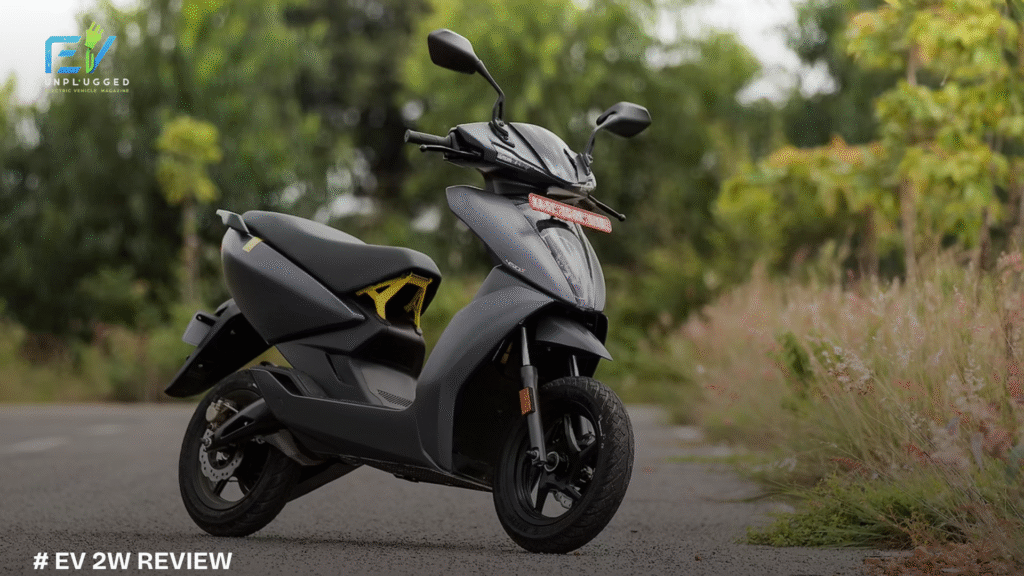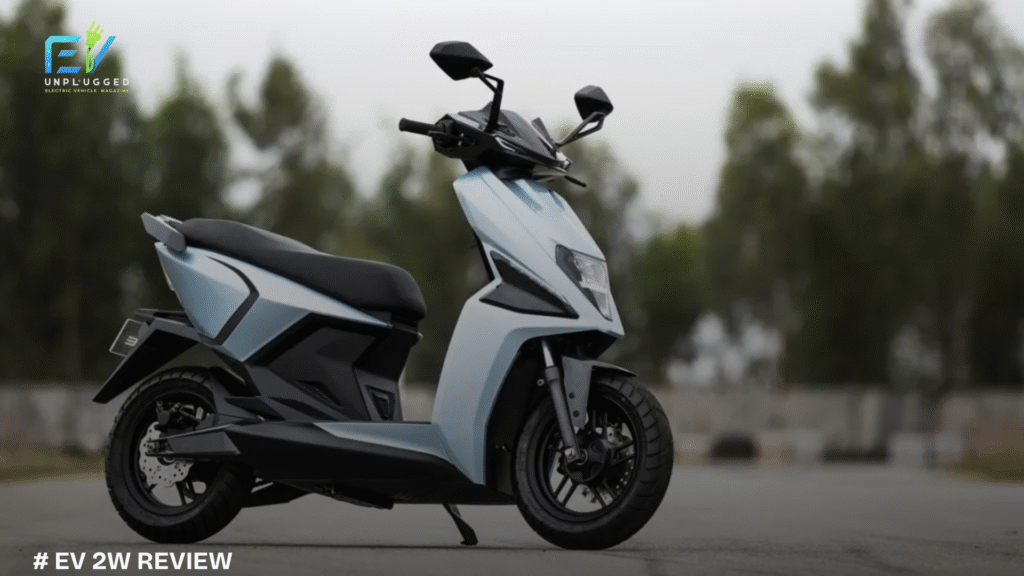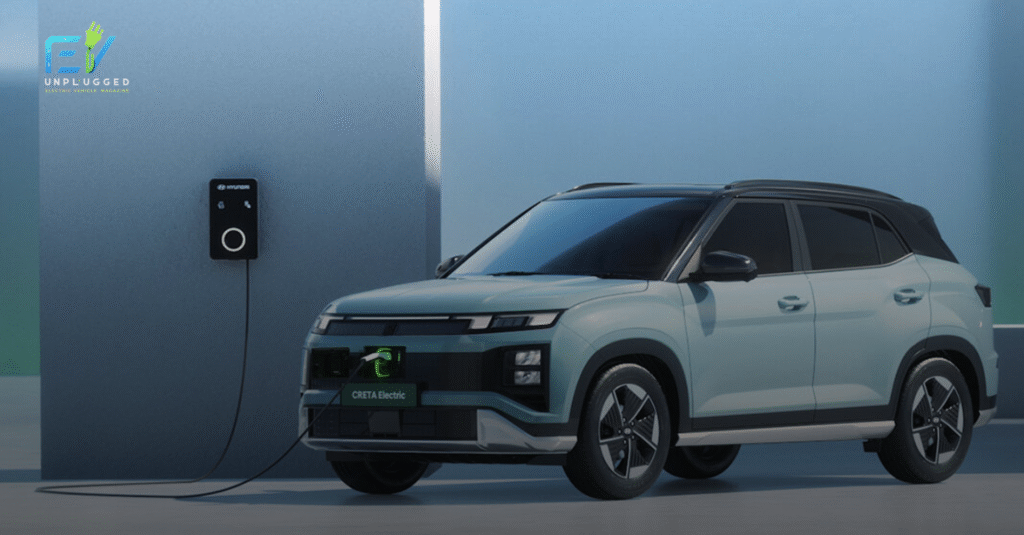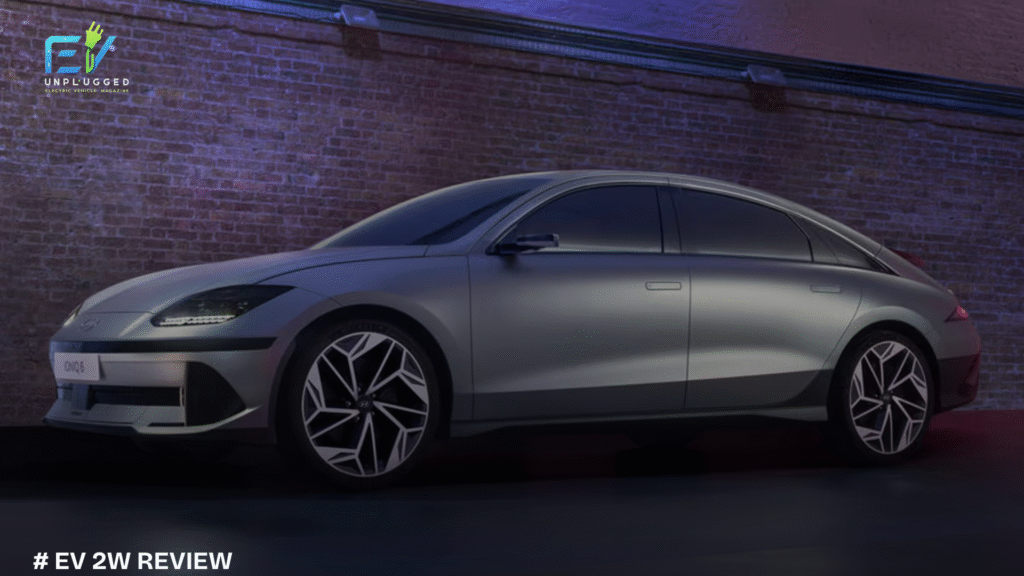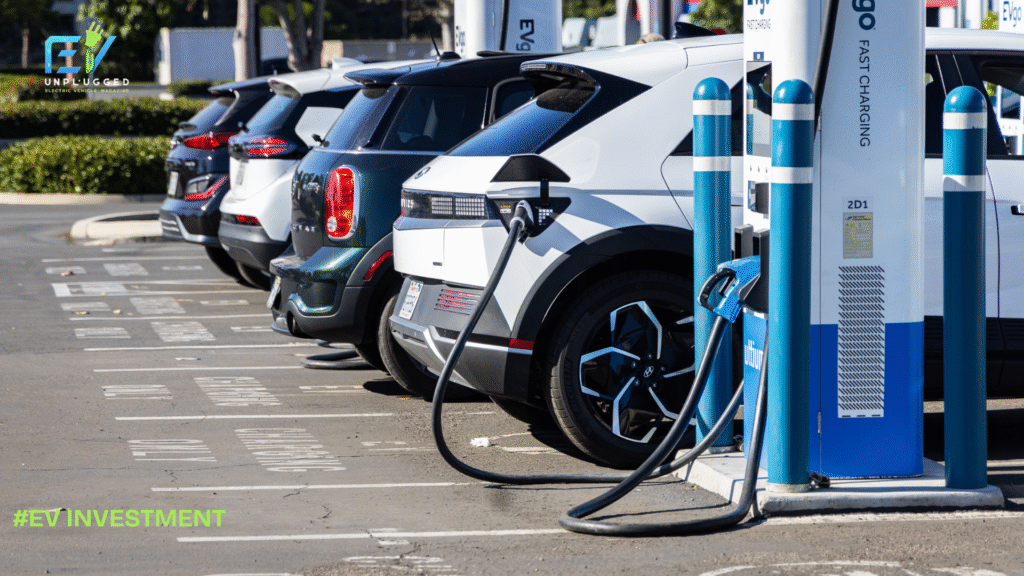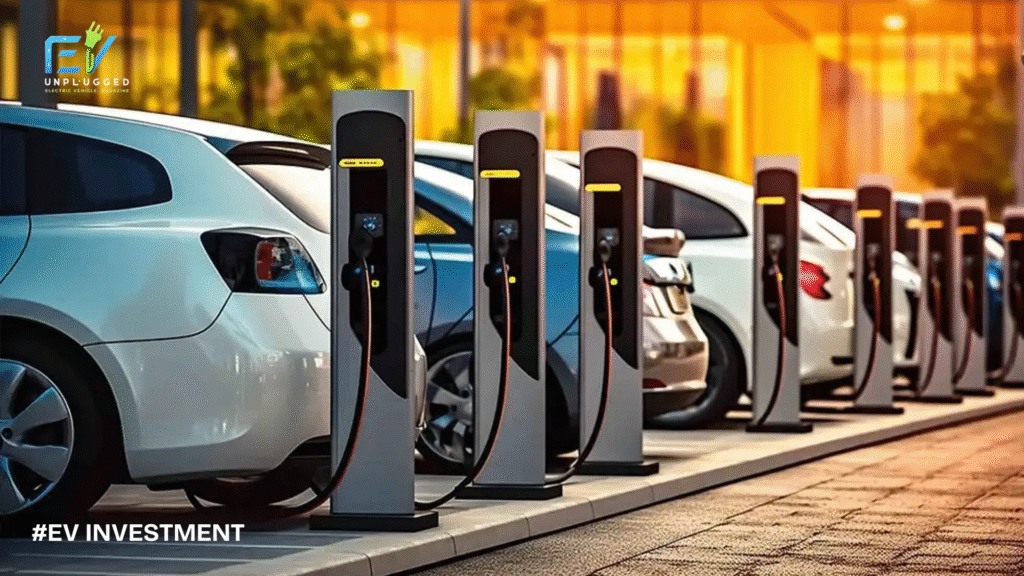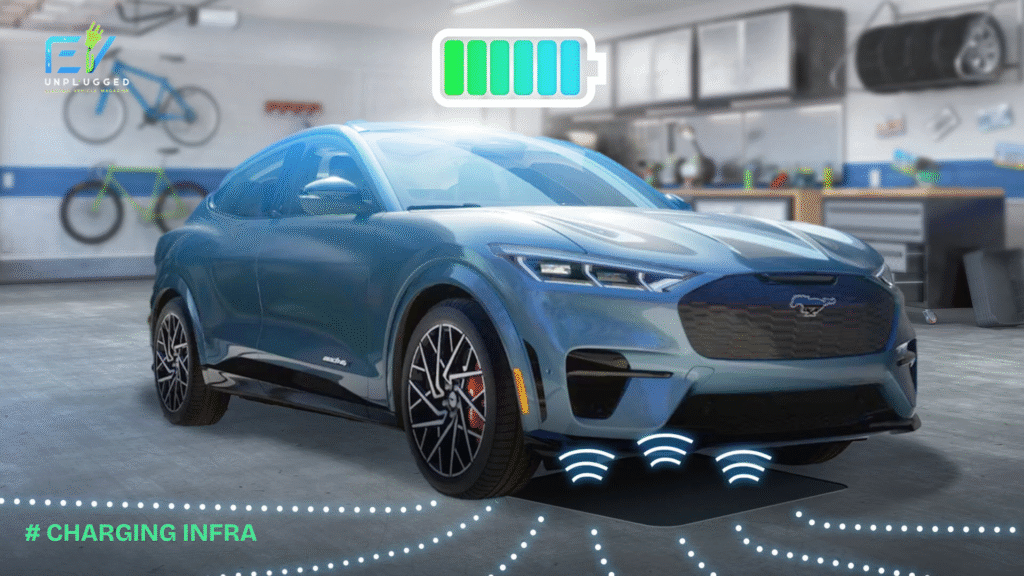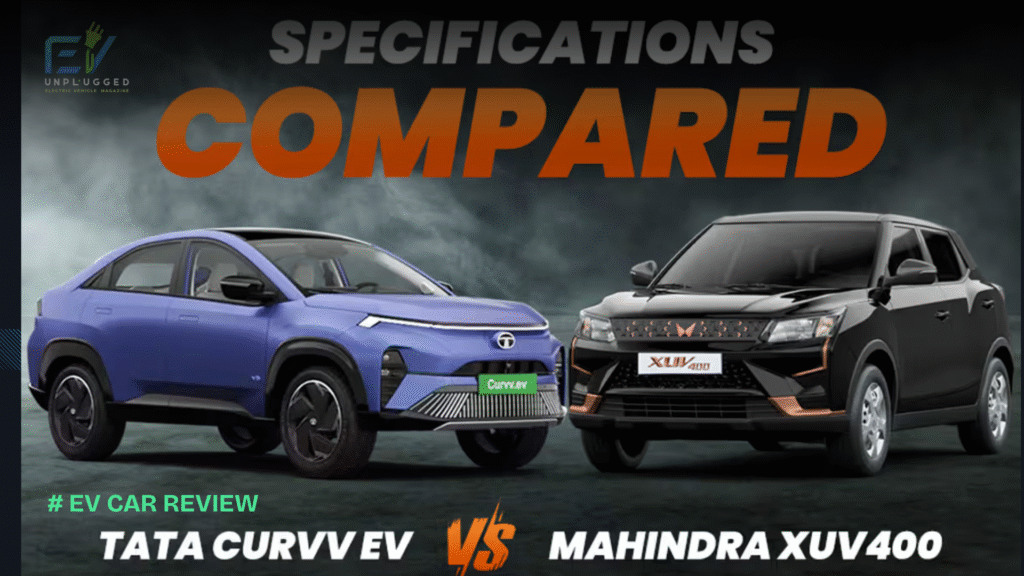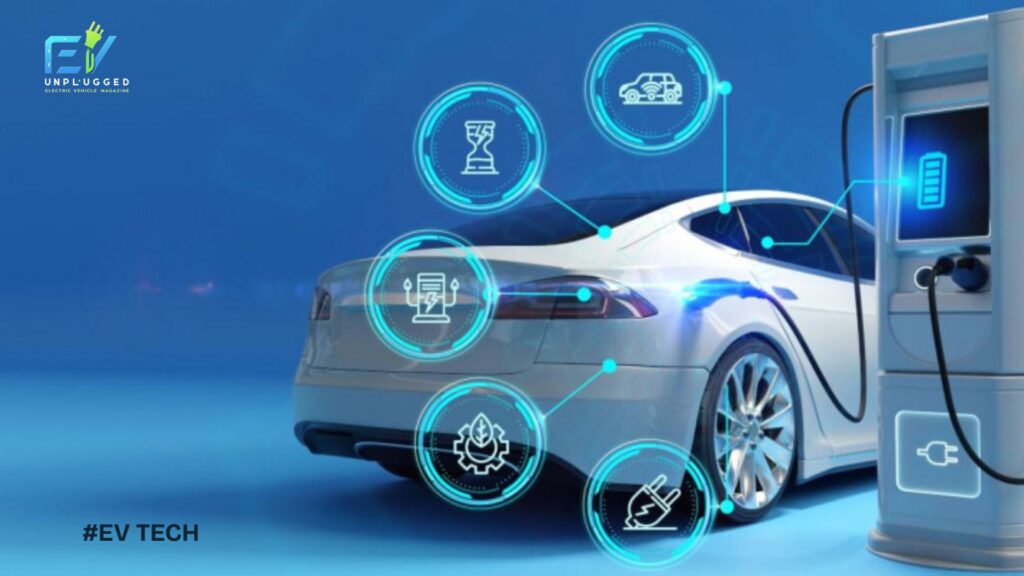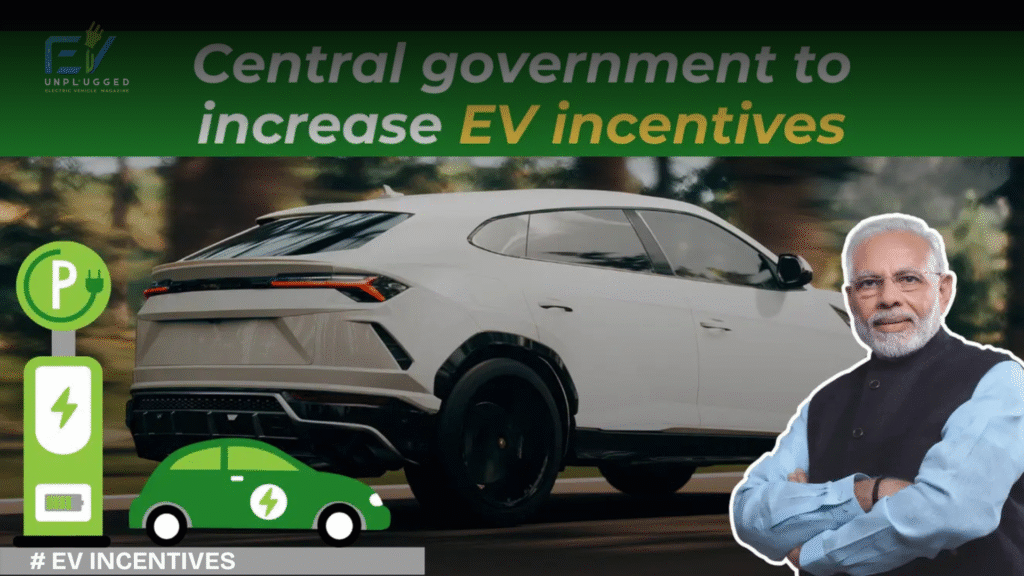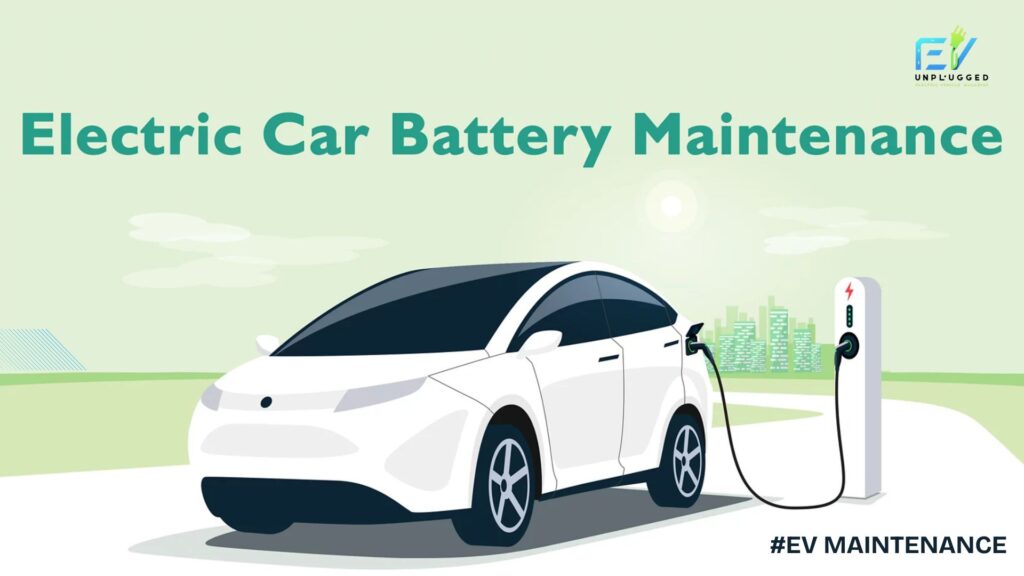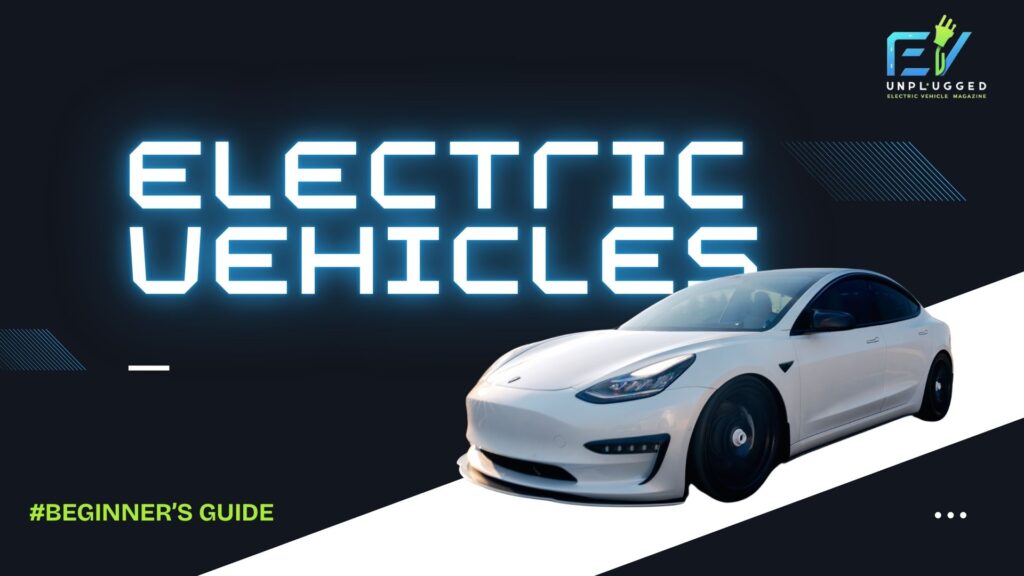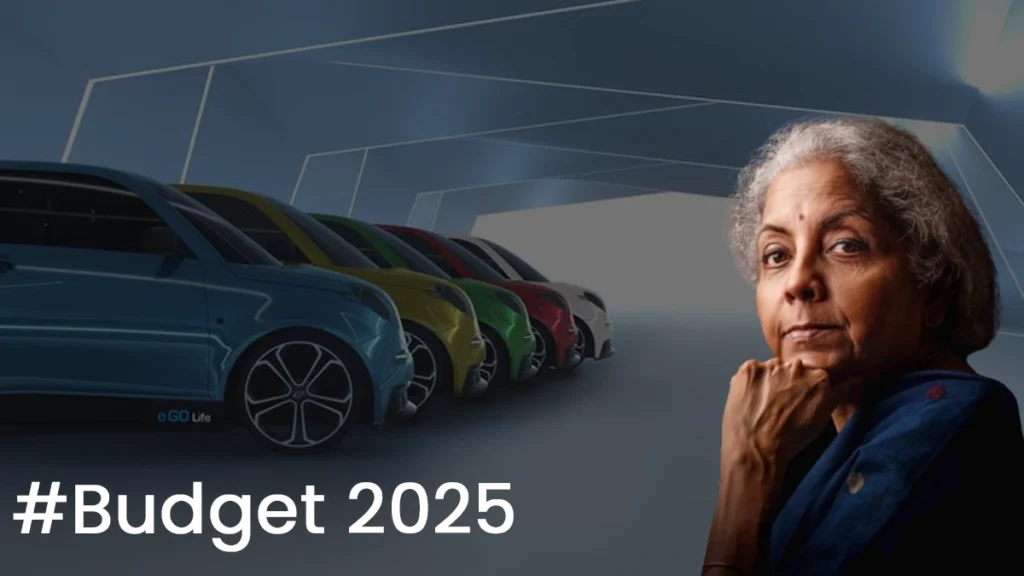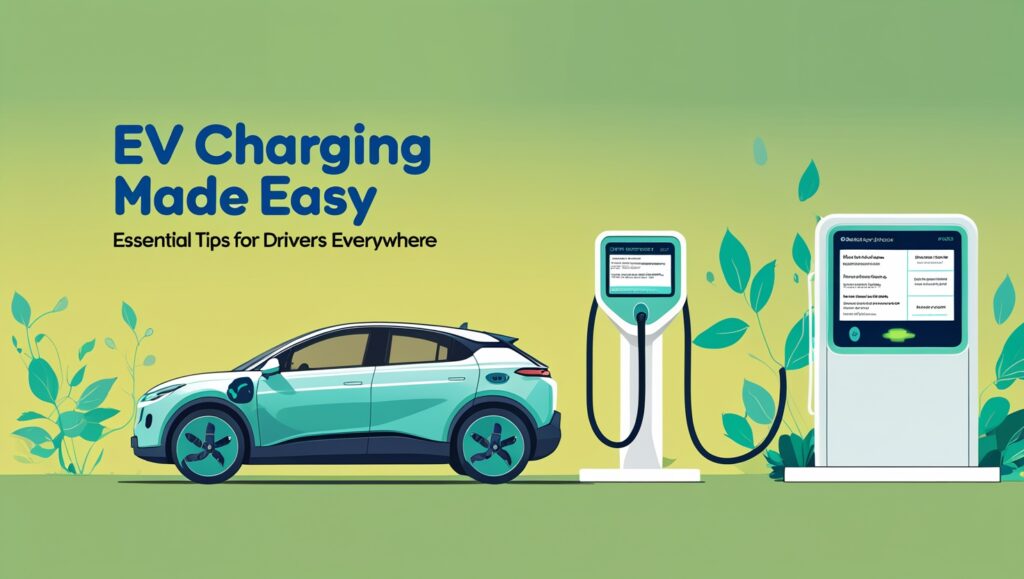EV Technology Innovations in India 2025 | Future of Electric Vehicles
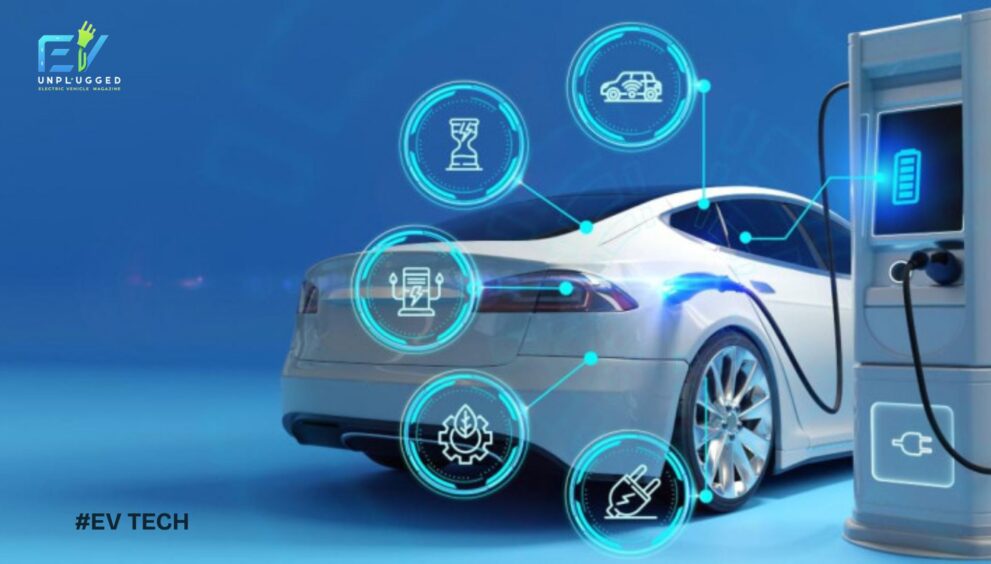
As India races toward its net-zero emission goals, the electric vehicle (EV) sector is undergoing a major transformation powered by groundbreaking technological advancements. From solid-state batteries to AI-powered driving systems, the EV landscape is more dynamic than ever in 2025.
In this blog, we dive into the most disruptive EV tech innovations in India that are revolutionizing electric mobility, infrastructure, and user experience.
Why EV Technology Matters for India’s Future
India is one of the fastest-growing EV markets globally. To achieve mass adoption and sustainable mobility, the country needs continuous electric vehicle technology advancements that offer:
- Faster charging times
- Longer battery life and efficiency
- Affordable and scalable production
- Connected and smart user experiences
Let’s explore the key EV tech trends in India 2025 that are setting the pace for the future.
1.Solid-State Battery Technology
What it is: A game-changer in battery innovation, replacing liquid electrolytes with solid materials for improved safety and energy density.
Key Benefits:
- 50% longer range than lithium-ion batteries
- Ultra-fast charging (< 15 minutes)
- Reduced fire risks and better lifecycle
India Focus: Startups and battery giants like Ola Electric and Log9 Materials are investing in local R&D and pilot-scale production of solid-state batteries in India.
2. Wireless EV Charging Systems
Innovation: Inductive charging systems allow EVs to be charged without cables – at homes, workplaces, or even traffic signals.
In India: Pilot projects in Delhi and Bengaluru are testing wireless charging pads for two- and three-wheelers.
Future Scope: Integration into smart roads and EV-ready infrastructure to power vehicles on-the-go.
3. Artificial Intelligence (AI) & Machine Learning in EVs
Use Cases:
- Smart route optimization based on traffic and battery levels
- Predictive battery health monitoring
- Autonomous driver-assist systems
India Examples: AI-driven platforms like Ather Labs and BluSmart are using real-time data to improve EV efficiency and safety.
4. IoT-Enabled Connected EVs
Internet of Things (IoT) is being integrated into EVs to enable:
- Remote diagnostics and software updates
- Vehicle-to-everything (V2X) communication
- Fleet monitoring and real-time navigation
Fleet operators in India are rapidly adopting connected EV technologies to optimize logistics and reduce costs.
5. EV Smart Grid Integration
What’s New: Smart grids are essential for managing the load from growing EV charging demand. They allow:
- Vehicle-to-grid (V2G) energy flow
- Dynamic energy pricing based on grid status
- Better load management during peak hours
Government Support: India’s Smart Grid Mission is promoting public-private partnerships to build energy-resilient EV infrastructure.
6. Battery Swapping Technology
Popular with: Electric two-wheelers, e-rickshaws, and fleet vehicles
Advantages:
- Instant refueling within 2 minutes
- Lower cost of ownership via subscription models
- Reduces charging infrastructure pressure
Companies Leading This in India: SUN Mobility, Battery Smart, and Bounce Infinity
7. Lightweight Materials & Vehicle Design Innovations
What’s Happening: EV startups are using composite materials, aluminum alloys, and 3D printing to develop lightweight, aerodynamic vehicles that extend range and efficiency.
Result: Reduced energy consumption and enhanced performance in Indian driving conditions.
8. Mobile App Ecosystems & Smart Dashboards
From smart dashboards to phone apps, today’s EVs offer:
- Battery status and range estimation
- Remote vehicle locking/unlocking
- Live navigation and nearest charging station locator
Top EV brands in India like Tata Motors, Ather Energy, and MG have introduced advanced UX and UI features to improve driver engagement.
Global Tech, Local Innovation
India is rapidly localizing global EV technologies through its Make in India initiative and PLI schemes. This approach ensures affordability, scalability, and long-term energy independence.
The Road Ahead: What’s Next in EV Tech India?
- Self-driving EVs for urban areas (pilot programs in 2025)
- Integration with renewable energy grids
- Next-gen fast chargers with AI-powered load balancing
- Universal battery standards across OEMs
Final Thoughts
The future of mobility is being written in real-time, and India is playing a leading role in EV technology innovation. With strong government backing, growing R&D, and a surge of electric startups, 2025 marks a historic leap in how we power our rides.
Whether you’re an EV enthusiast, startup founder, or an OEM, staying ahead of EV tech trends in India is the key to riding the electric wave with confidence.

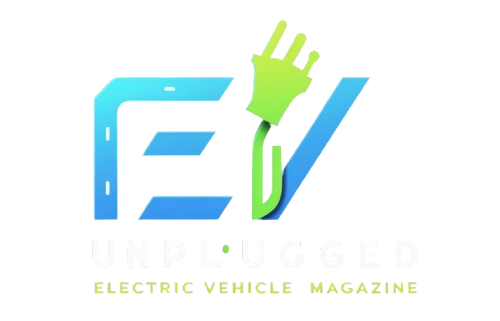
 English
English 